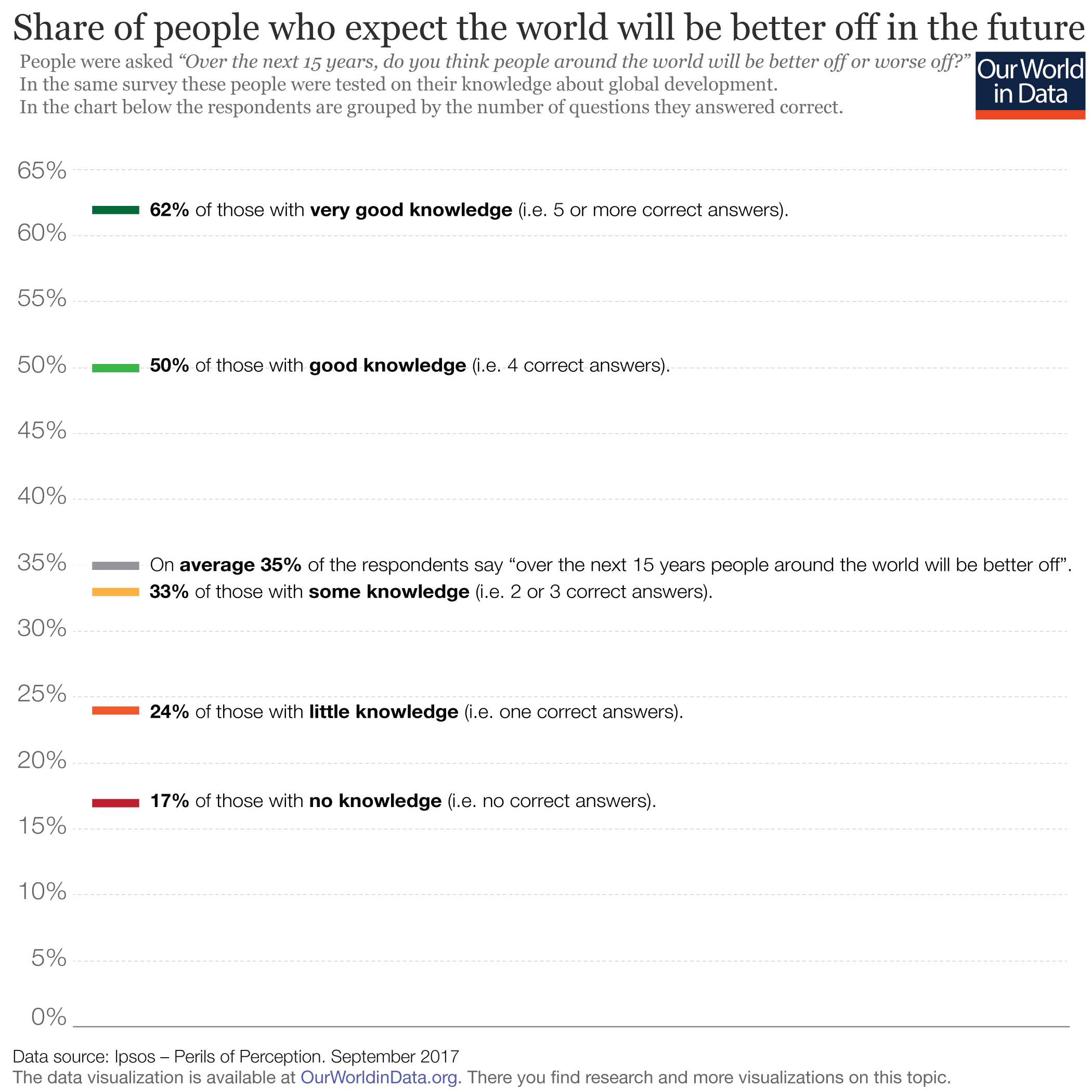This is part of the Stuff I Say at School series.
The Assignment
A critical literature review of political ignorance among the public. This section briefly (though not exhaustively) shows how political knowledge affects political preferences and, therefore, potential policy outcomes.
The Stuff I Said
Somin writes, “Ignorance of the structure of government suggests that voters often not only cannot choose between specific competing policy programs but also cannot easily assign credit and blame for policy outcomes to the right officeholders.”[ref]Ilya Somin, Democracy and Political Ignorance: Why Smaller Government is Smarter, 2nd ed. (Stanford, CA: Stanford University Press, 2016), 20.[/ref] As discussed earlier, Lupia is skeptical of the common measurements of political knowledge, arguing that the ability to recall particulars on a survey is not necessary to achieve “high-value social outcomes.”[ref]Arthur Lupia, Uninformed: Why People Know So Little About Politics and What We Can Do About It (New York: Oxford University Press, 2016), 204.[/ref] However, this is an empirical question. The summary of Caplan’s work in a previous section has already shown that economic information and education changes one’s views about economic issues. Summarizing the work of Martin Gilens[ref]Martin Gilens, Affluence & Influence: Economic Inequality and Political Power in America (Princeton, NJ: Princeton University Press, 2012).[/ref] and Scott Althaus,[ref]Scott L. Althaus, Collective Preferences in Democratic Politics: Opinion Surveys and the Will of the People (Cambridge, UK: Cambridge University Press, 2003).[/ref] Brennan demonstrates that political knowledge influences policy preferences. As noted above, high-income is strongly correlated with high degrees of political knowledge. Compared to wealthier Democrats, low-income Democrats “more strongly approved of invading Iraq in 2003. They more strongly favored the Patriot Act, invasions of civil liberty torture, protectionism, and restricting abortion rights and access to birth control. They are less tolerant of homosexuals and more opposed to gay rights.”[ref]Jason Brennan, Against Democracy (Princeton, NJ: Princeton University Press, 2016), 34.[/ref] When demographic factors like race, income, and gender are controlled for, high-information voters “favor overall less government intervention and control of the economy…They are more in favor of free trade and less in favor of protectionism. They are more pro-choice. They favor using tax increases to offset the deficit and debt. They favor less punitive and harsh measures on crime, and are less hawkish on military policy, although they favor other forms of intervention. They are more accepting of affirmative action. They are less supportive of prayer in public schools. They are more supportive of market solutions to health care problems. They are less moralistic in law; they don’t want government to impose morality on the population.”[ref]Ibid.[/ref]
Relying on a 2017 survey, Oxford economist Max Roser finds “a connection between our perception of the past and our hope for the future.” The numbers suggest “that the degree of optimism about the future differs hugely by the level of people’s knowledge about global development. Those that were most pessimistic about the future tended to have the least basic knowledge on how the world has changed.”

At first blush, this may seem unrelated to policy. However, recent evidence suggests that declinism—a negative view of the state and evolution of society—and nostalgia for a supposedly better past are predictive of populist support.[ref]Mark Elchardus, Bram Spruyt, “Populism, Persistent Republicanism and Declinism: An Empirical Analysis of Populism as a Thin Ideology,” Government and Opposition 51:1 (2016): 111-113; Katie Simmons, Laura Silver, Courtney Johnson, Kyle Taylor, Richard Wike, “In Western Europe, Populist Parties Tap Anti-Establishment Frustration but Have little Appeal Across Ideological Divide,” Pew Research Center (July 2018): https://www.pewglobal.org/2018/07/12/in-western-europe-populist-parties-tap-anti-establishment-frustration-but-have-little-appeal-across-ideological-divide/[/ref]
Even though the data suggest more knowledgeable citizens are more likely to vote, there is also evidence that “more knowledgeable citizens are far more likely to falsely report voting than less knowledgeable ones…People who are knowledgeable and interested in politics but still choose not to vote are more likely to feel guilty for doing so, and therefore less willing to admit their nonvoting to the pollsters. As a result, the voting population is probably significantly closer in knowledge level to the general public than might be supposed.”[ref]Somin, Democracy and Political Ignorance, 45.[/ref]
While all policy decisions ultimately rely on value judgments (which go beyond the blunt empirics), the evidence in this section suggests that degrees of political knowledge do influence policy preferences. If one is concerned about policy outcomes, one should also be concerned about voter knowledge.